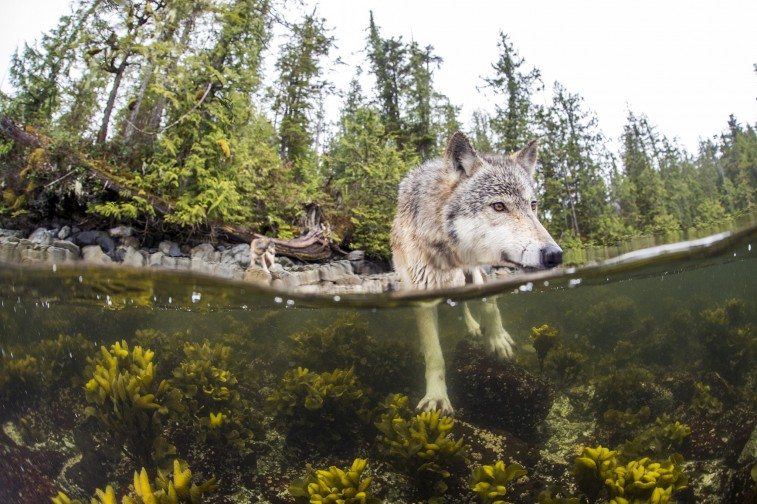
Off the coast of Canada lie a series of tiny islands that are home yo a fascinating, rarely seen population of wolves. Markedly different from their landlubber cousins, this group prefer to hunt at sea.
Until a few years ago, the stories told by a local fisherman were thought to be the stuff of legend. What he described sounded simply unreal: far from the mainland, he claimed to have observed wolves living on uninhabited islands. The animals, he said, lived on fish and seals snatched from the waters of the Pacific. But how did these predators, weighting up to 60kg, end up there? And since when have wolves hunted at sea?
Seeking answer to these questions is Ian McAllister, a biologist who stumbled across Canada’s sea wolves during a trip to the islands off the coast of British Columbia. Researchers discovered that the unusual alpha predators actually belong to the same species as wolves on the mainland – the North American grey wolf – but have genetically evolved, and are therefore categorised as the subspecies Canis lupus columbianus.
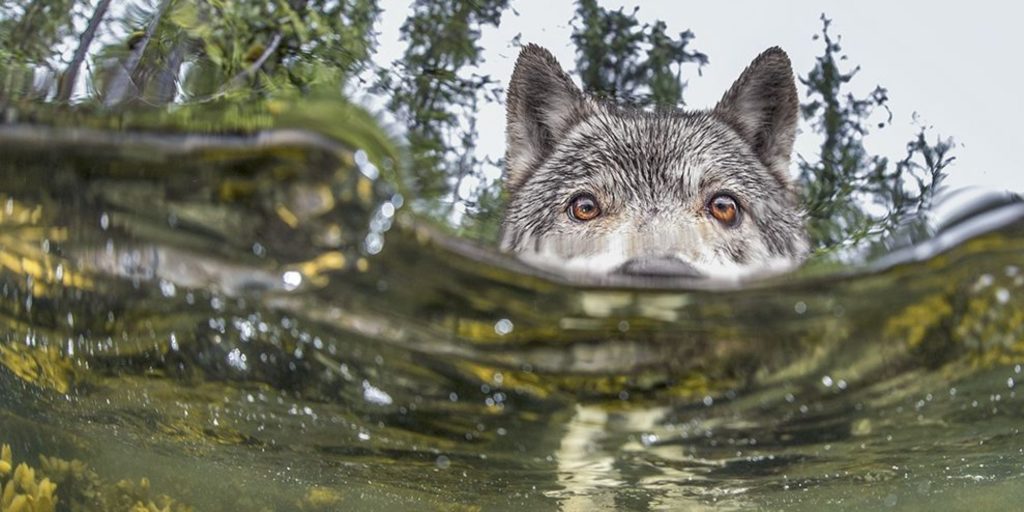
The animals cover dozens of miles swimming through the waves of the Pacific, conquering uninhabited islands and feeding almost exclusively on herring, salmon and seals that stray too close to the beach. “Unlike their counterparts on the mainland, many sea wolves have never seen a reindeer in their lives, let alone hunted one. Ninety percent of their prey comes from the sea,” explains McAllister.
Often the animals wade into the water and then remain rooted to a particular spot for several minutes. If a shadow appears below them they pounce, snatching the prey and hurrying back to the beach to devour it.
To study their behavior more closely, McAllister waded knee-deep into the marine predators’ hunting grounds armed with just his camera. The result?
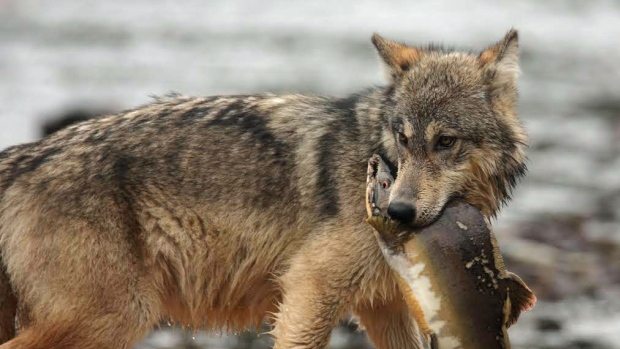




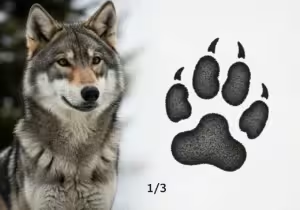






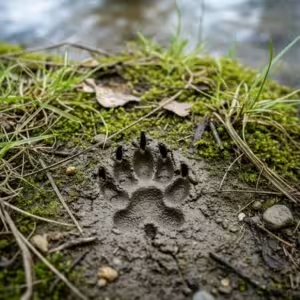

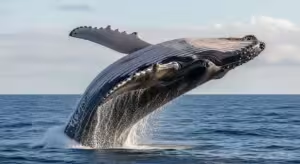


1 thought on “Reservoir Dogs”
T still look mean as can be; shucks they are probably healthy as can be too.